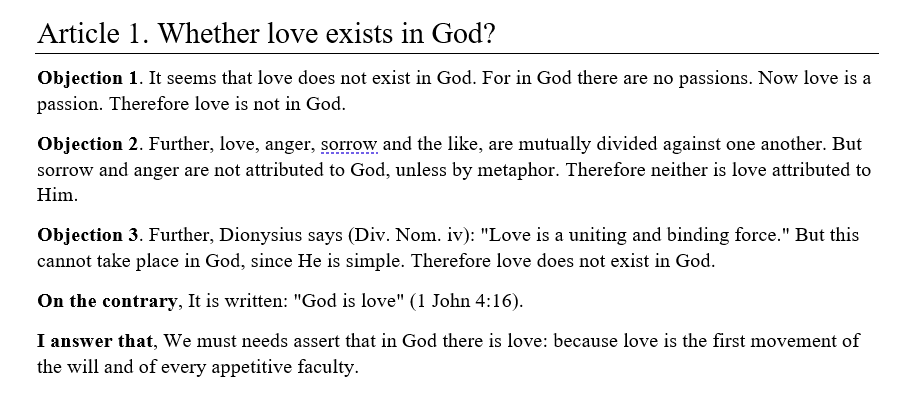
It is more than mere preference. Platonism is Soul's divine science towards truth, so the judgement is in what can be argued as nearer to what is true rather than what best suits our sensibilities. Platonism emerges from tradition, but it has also been refined over centuries. 

And this divine science gives us the means to perfect our traditions, an unprecedented capacity to not only know the true value of the inherited cultus deorum, but to also rectify its path should it be led astray and to help navigate it through the tumult of an unknown tomorrow.
Setting praise aside, the subject: goddess Sun & god Moon.
Why Platonists have argued against this tradition is from trying to justify them as principles. The Moon is a receptive sphere, truth of this most easily observed in the Moon's light being a reflection of the Sun's.
Why Platonists have argued against this tradition is from trying to justify them as principles. The Moon is a receptive sphere, truth of this most easily observed in the Moon's light being a reflection of the Sun's.
This makes the Moon contingent upon the Sun, she a secondary who owes her existence to his light's presence. Hence she is passive, in no self-generative act of her own, her existence pronounced only by act of the Sun, he contrasting her by his constant self-generative activity.
Thus lunar is feminine: we see her likeness manifest within humanity via woman; by admiration she is receptive to her partner, her tendency is passivity, she receives in reproduction and is born with all her eggs and generates no more, her intuition is worldly, she is empathetic.
Her menstrual cycles are like in length to the lunar cycles, her encounters with divinity are through ecstatic madness, her nature and form is curved and soft, her demeanor is welcoming, she is supple and lacking in cruelest severity.
Now of course, some women are more masculine, some men more feminine, but these are the principles by which women primarily are governed. In all these she is like the Moon, sharing in her shapely beauty and soft glow, her soft and calm presence. She is seen and always admired.
By detailing what is true for the Moon has already begun our detailing of the Sun, who should not be thought as an opposing principle, but as that which brings completion to her life, just as she brings completion to his glory. Thus, let us explain the masculine Sun.
He is the self-generative, the independent. He is overflowing with energy and by his mere existence exudes presence through his essential act. He is severe: he gives life, but he is also destructive and deadly. He is authoritative, commanding the obedience of the solar system.
Though Moon suffers her cycles of waxing and waning, by which her nature may become greater, then inferior, and back again; the behaviour of the Sun can be radical and severe. He may cherish with good life and fortune one day, then inflict the worst droughts and winters the next.
His light pours outwards upon all things. Nil has their beauty, their glory, their life, without his energising virility. He is coarse and powerful; to behold the sight of him by naked sight is impossible when he is his greatest. He is beautiful, but so by power and majesty.
He is also that which defines, putting definition into darkness, drawing shape and form out of nothingness. He is reasoned owing to this, illuminating all things we know, thus he inspires all men to their gods and to love goodness.
Now, noting the prior mentioned severity of the Sun in life and death, a severity alien to femininity, in like to this men are severe and tend to extremes. Thus they specialise, maximise their efficiencies and avoid their inefficiencies, often keeping their best and worst traits.
Their cycles are not regular as with the feminine, but are more episodic. Their temperament is governed by long-term and sometimes abrupt cycles, such like the many prehistoric periods where the Sun froze or charred the planet's surface for many millennia.
Men are the active, their traditional role is command and provider, in reproduction they provision and are the active, their fertility is self-generative through constant sperm production. Like the Sun's far reaching light, they seek and adventure for new places to make known.
He nurtures and destroys, gives life and takes it. He is abstract, his intuition tending to things not near. He is not immanent yet he is present, as the Sun is far but light immediate. Rising so high, he also falls so low; he is either everything or nothing, day and night.
This is hardly exhaustive and it doesn't even begin to discuss its further coherency with principles such as actuality and potentiality, solar fertility actualising life within sub-lunar potentiality, but this alone should be enough cause to support a sun god and a moon goddess.
• • •
Missing some Tweet in this thread? You can try to
force a refresh





